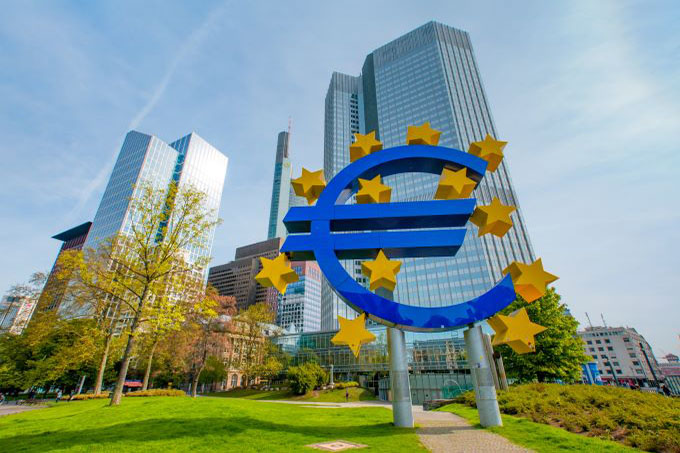The following are the most recent pieces of Forex fundamental analysis from around the world. The Forex fundamental analysis below covers the various currencies on the market and the most recent events, announcements, and global developments that affect the Forex market.
Most Recent
Germany is usually described as the powerhouse economy of Europe, being the largest economy in the EU and the second largest exporting nation behind China. The nation is living up to this image and has just returned the best export figures in its history.
Last week saw the world’s major stock exchanges all close lower, with the exception of Japan’s Nikkei. In Europe over the course of the week, the FTSE fell by 1.5%, closing at 5976.8; the Dax shed 0.3% to close at 7492.3; the CAC weakened by 1.2% to end the session at 4058.
The advantage of gold was that it was a commodity valued in all countries and so readily traded. Gold has retained its appeal and is often used as a “safe haven” in times of economic or political turmoil. Gold currently represents a speculative investment opportunity and also a hedge against Dollar weakness.
Top Forex Brokers
After three weeks of negotiations, the EU and IMF have agreed a rescue package for Portugal to help it to ensure that it can meet its debt obligations. The EU/IMF package is worth €78 billion and Portugal will be given longer than anticipated to get its deficit under control.
The weaker Dollar has been credited with creating greater demand for American goods abroad as their prices become increasingly attractive. This has been identified as one factor which helped American manufacturing output beat expectations last month.
According to preliminary figures released by the UK’s Office for National Statistics, the UK economy grew by 0.5% in the first quarter of 2011. This result reverses a 0.5% contraction which was seen in the final quarter of 2010.
Last week marked the last trading session of April. It saw the world’s major stock exchanges all close higher. In Europe over the course of the week, the FTSE made 0.86%, closing at 6069.9.3 and making 1% over the month.
Japan has posted the worst ever decline in industrial output. Industrial production fell by 15.3% from February to March – this is the worst performance recorded since 1953 when the data was first collected.
Standard and Poor’s has decided to downgrade the rating on the outlook for Japan’s sovereign debt to negative. A look at what this means.
Bonuses & Promotions
The Japanese government is faced with a debt mountain which is twice the size of the nation’s GDP, so borrowing further funds to pay for reconstruction and disaster relief is not an appealing prospect.
The value of gold has hit a record high of $1580.30, before falling back slightly. Since the onset of the global financial crisis, the value of gold has more than doubled – it has risen six-fold over the course of the last decade.
Last week saw the world’s major stock exchanges all close higher, with the exception of the CAC. In Europe over the course of the week, the FTSE made 0.71%, closing at 6018.3; the Dax put on 1.1% to close at 7295.45; the CAC fell by 0.99% to end the session at 4021.88.
Subscribe
Sign up to get the latest market updates and free signals directly to your inbox.Australia was the only major economy not to go into a formal recession (defined as two consecutive quarters of contraction) during the global financial crisis, and it was the first major economy to raise interest rates once the worst of the storm had passed and has been posting respectable growth figures.
Data just released have shown that Japanese exports fell by 2.2% in March, compared to how they stood twelve months before.
The interest on a US government 10 year bond is currently 3.37%; whilst not all US debt is funded through bonds and shorter bonds have lower interest rates, it does indicate the cost of borrowing to the US.




